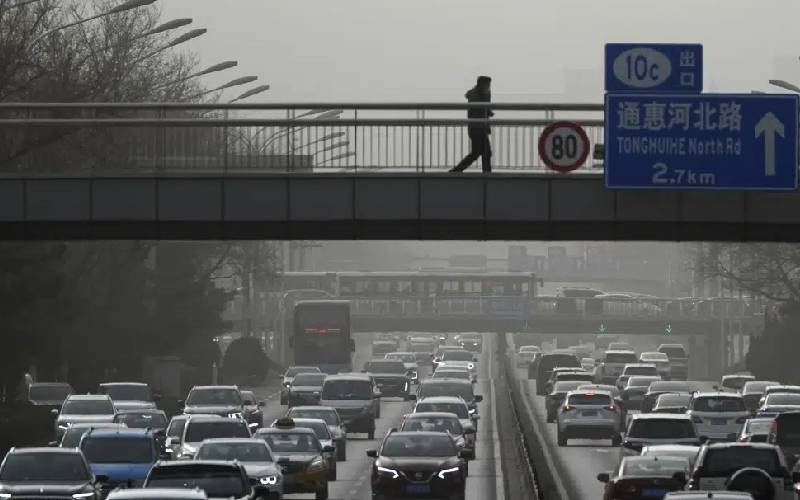
Some Chinese universities say they will allow students to finish the semester from home in hopes of reducing the potential of a bigger Covid-19 outbreak during the January Lunar New Year travel rush.
It wasn't clear how many schools were taking part, but universities in Shanghai and nearby cities said students would be given the option of either returning home early or staying on campus and undergoing testing every 48 hours. The Lunar New Year, which falls on Jan. 22 this year, is traditionally China's busiest travel season.